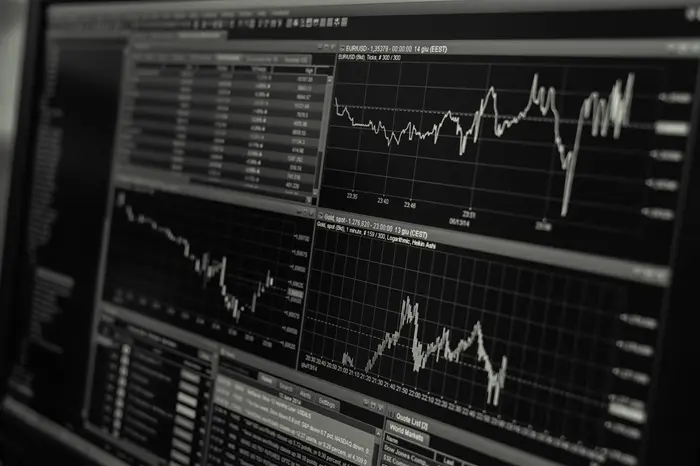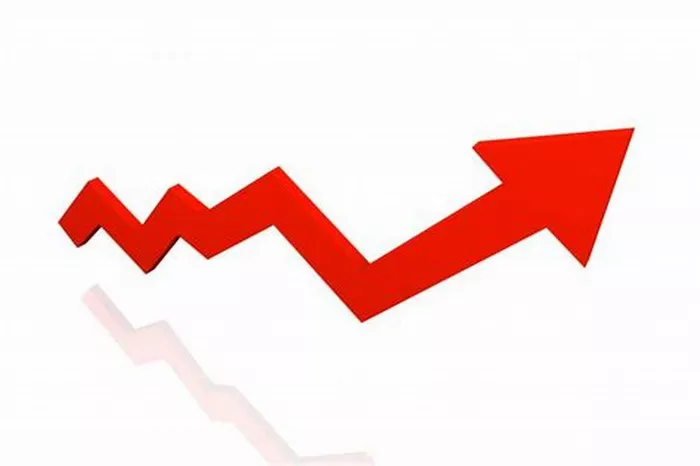The Forex market is one of the most dynamic and liquid financial markets in the world. It operates 24 hours a day, five days a week, providing traders with numerous opportunities to buy and sell currencies at any given time. However, many beginners or those new to the market often ask, “When does the Forex market open on Sunday?” Understanding the opening time of the Forex market is essential for timing trades and managing your strategy effectively.
This article will explore the intricacies of the Forex market’s opening on Sunday, provide insights into the market hours, and discuss how this time frame affects trading strategies and market movements. We will also look into time zones, market sessions, and factors that influence when the market opens and closes.
Understanding Forex Market Hours
The 24-Hour Forex Market
Unlike traditional stock markets, which have set hours of operation, the Forex market operates continuously, 24 hours a day, five days a week. This is due to the fact that Forex trading is decentralized and occurs electronically across different global financial centers. The market closes on Fridays and reopens on Sunday, but it is essential to understand the exact timing of these transitions.
The 24-hour nature of the Forex market allows traders from various parts of the world to engage in trading at times that suit their schedules. This flexibility is one of the reasons Forex trading has become popular among retail traders.
The Weekend Break: Friday to Sunday
The Forex market operates from Monday to Friday, with the trading week closing at 5:00 PM EST (Eastern Standard Time) on Friday. The market remains closed over the weekend, and then it reopens on Sunday at 5:00 PM EST.
It is important to note that while the Forex market never truly “closes” in the traditional sense, it does transition between different trading sessions, starting at different times depending on the geographical location. Therefore, while the market is technically open 24/5, traders should be aware of specific timings for maximum efficiency.
When Does the Forex Market Open on Sunday?
The Opening Time: 5:00 PM EST on Sunday
The Forex market officially reopens on Sunday at 5:00 PM EST (Eastern Standard Time). At this time, the market transitions from the weekend break into the new trading week. However, this time is crucial because it marks the opening of the first Forex trading session of the week—the Sydney session.
The Sydney session, based in Australia, is the first of the four major Forex market sessions, which also include the Tokyo, London, and New York sessions. The opening of the Sydney session is important because it sets the tone for the rest of the trading week. Traders often view this time as the moment when the market “wakes up” after the weekend break.
The Sydney Session: Sunday 5:00 PM EST to 2:00 AM EST
When the Forex market opens at 5:00 PM EST on Sunday, the Sydney session starts. This session is considered the first of the four major trading sessions in the Forex market. It lasts from 5:00 PM EST to 2:00 AM EST on Monday, and it primarily involves the Australian and New Zealand markets.
While the Sydney session is the first to open, it is generally less volatile than the other sessions because it has lower trading volume compared to the London or New York sessions. However, it still provides opportunities for traders, especially those who trade pairs involving the Australian Dollar (AUD) or the New Zealand Dollar (NZD).
Transitioning to the Tokyo Session: 7:00 PM EST to 4:00 AM EST
The Tokyo session begins shortly after the Sydney session, starting at 7:00 PM EST and running until 4:00 AM EST. This session is particularly active due to Japan’s strong economic presence in the global market. The Tokyo session is often considered one of the most important Forex trading sessions because it overlaps with the Sydney session, allowing for an increase in market activity and liquidity.
The Tokyo session often sets the stage for more significant price movements, especially in currency pairs involving the Japanese Yen (JPY), such as USD/JPY, EUR/JPY, and GBP/JPY.
Forex Trading Sessions Overview
Sydney Session (5:00 PM EST to 2:00 AM EST)
The Sydney session marks the opening of the Forex market after the weekend break. While the liquidity is lower during this session, it is still important for traders who focus on the Australian Dollar (AUD) or New Zealand Dollar (NZD). As the first session of the week, the Sydney session can sometimes experience price gaps as the market adjusts to new information.
Tokyo Session (7:00 PM EST to 4:00 AM EST)
The Tokyo session is the second major trading session and has a higher level of activity compared to the Sydney session. It is a critical session for traders looking to trade the Japanese Yen and other Asian currencies. During the Tokyo session, currency pairs such as USD/JPY, EUR/JPY, and GBP/JPY tend to experience more volatility and price movements.
London Session (3:00 AM EST to 12:00 PM EST)
The London session is one of the most active trading sessions in the Forex market. It overlaps with the Tokyo session during the early hours, creating a highly liquid period. The London session is crucial for traders who focus on European currencies like the Euro (EUR), British Pound (GBP), and Swiss Franc (CHF). Major currency pairs such as EUR/USD, GBP/USD, and USD/CHF experience the highest levels of volatility and volume during this session.
New York Session (8:00 AM EST to 5:00 PM EST)
The New York session is the final major trading session of the day. It overlaps with the London session for a few hours, creating a period of high liquidity and volatility. The New York session is particularly important for trading USD-related pairs, as the US Dollar is one of the most traded currencies in the world. Popular pairs like EUR/USD, GBP/USD, and USD/JPY experience significant movements during this session.
The 24-Hour Forex Market Cycle
The Forex market operates in a continuous cycle, with each session representing different time zones and regions of the world. These four major sessions (Sydney, Tokyo, London, and New York) together create the 24-hour trading environment. Since Forex is a decentralized market, each session seamlessly flows into the next, ensuring that the market is always open for trading.
Why is the Forex Market Closed on the Weekend?
The Weekend Break
Although the Forex market operates 24 hours a day during the week, it does close briefly over the weekend. This break is essential for several reasons:
Rest for Traders: Traders need time to rest and plan for the next week. The weekend break provides an opportunity for market participants to assess their positions and strategies for the upcoming trading week.
Banking Hours: Forex trading is influenced by global banking hours. While some central banks, like the European Central Bank and the US Federal Reserve, are closed over the weekend, the market is largely inactive due to the lack of economic data releases and news.
Market Adjustments: The weekend break allows the market to adjust to any significant news or events that occurred over the weekend. This ensures that the market begins the new trading week with a fresh perspective.
Market Gaps and Price Adjustments
One of the most notable aspects of the weekend break is the occurrence of price gaps. When the market closes on Friday and reopens on Sunday, there may be significant price gaps due to news events or developments that occurred over the weekend. These gaps can create opportunities for traders, but they also pose risks, as they may lead to unexpected market movements.
Conclusion
The Forex market officially opens on Sunday at 5:00 PM EST, marking the beginning of the new trading week. This time signifies the opening of the Sydney session, followed by the Tokyo, London, and New York sessions. While the Sydney session tends to have lower volatility and volume, it still plays an important role in setting the tone for the rest of the week.
Traders should be aware of the specific market hours and sessions to adjust their strategies accordingly. Additionally, understanding the market’s weekend break and the potential for price gaps can help traders manage risk and capitalize on new opportunities.
In summary, the Forex market opens on Sunday at 5:00 PM EST, with the Sydney session starting the 24-hour cycle. By understanding when the market opens and how the various sessions work together, traders can maximize their chances of success in the fast-paced and highly liquid world of Forex trading.
Related topics:

































